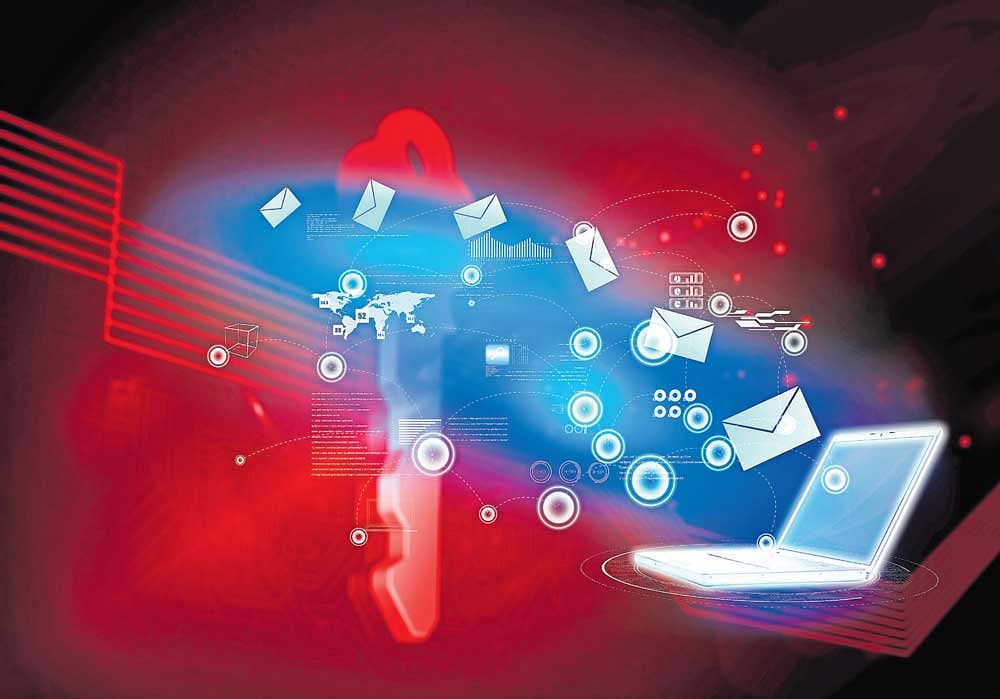
In a move that has sent alarm bells ringing for digital and privacy rights activists around the country, Road Transport Minister Nitin Gadkari on Monday informed the Rajya Sabha in a written response that the government has been selling private data of citizens to commercial entities.
Responding to a question posed by Husain Dalwai, a Congress MP in Rajya Sabha, who asked "if government has intended to sell Vahan and Sarathi database in bulk, (and) if so, the estimated revenue for such a sale", Gadkari said that the government has collected Rs 65 crore so far by giving such access of the data of crores of vehicle-owners and driving license-holders to 87 private and 32 government entities.
Interestingly, four days before this information was revealed, on 4 July, the Economic Survey of India suggested the use of selling data of citizens to generate revenue.
For the same purpose, the Road Transport and Highways Ministry has also created "Bulk Data Sharing Policy & Procedure" in order to share certain fields in bulk data of vehicle registration.
"The organization seeking bulk data can obtain the data with an amount of Rs 3 crore for the FY 2019-20," Gadkari said in a written reply to Rajya Sabha.
The sale of this bulk data was permitted earlier this year after the launch of a new policy which charges commercial organisations and individuals a one-time fee of Rs 3 crore for access.
Eligible bodies can purchase the data for Rs 3 crore from the next fiscal and would be required to ensure strict security steps to prevent its theft or transfer, according to the policy approved by the government.
As per the 'Bulk Data Sharing Policy & Procedure' issued earlier this month, sharing of vehicle registration data in a "controlled manner, can support the transport and automobile industry".
"The sharing of data will also help in service improvements and wider benefits to citizens & Government," the policy said.
The prime focus is on delivering simpler, better and safer services to citizens and sharing of data "will also benefit the country economy", the policy said.
However, as digital activists have pointed out, the new policy also warns of possible misuse.
“There is a possibility of ‘triangulation’ (matching different data-sets that together could enable individuals to be identified and their privacy compromised). It is the responsibility of the organisation that any such activity, which result in identifying individuals using the RC [registration certificate] data-set, shall not be undertaken…,” the bulk data sharing policy warns.
Violation of data, the policy warns, will result in action under the IT Act and other applicable laws besides debarring the agency from access to this data for a period of three years.
Elsewhere, lawyers have questioned the move.
“Public good conception of personal data is fundamentally at variance with the conception of privacy as a fundamental right,” Prasanna S, a lawyer who assisted the petitioners in the right to privacy/Aadhaar cases in the Supreme Court told the Quint.
(With inputs from PTI)